A ship detachment of the Russian Pacific Fleet is visiting China following intensive interaction between the two countries' navies over the past month, which demonstrates a high level of mutual trust and military cooperation, experts said on Tuesday.
The Russian warships made a port call in Qingdao, East China's Shandong Province, after the third China-Russia joint naval patrol of Pacific Ocean waters, Russia's Ministry of Defense said in a press release on Monday.
During their stay in Qingdao, which is set to last until Thursday, Russian servicemen are scheduled to tour the city and join their Chinese People's Liberation Army (PLA) counterparts in cultural and sporting events, the Russian Defense Ministry said.
The three-week joint naval patrol saw Chinese and Russian warships cover more than 6,400 nautical miles. It started in the Sea of Japan, stretched across the West Pacific and the North Pacific, including international waters near Alaska, and finished in the East China Sea, according to official releases from the two countries and U.S. media reports.
The joint naval patrol was not aimed at a third party, and was not related to the current global or regional situation, the Chinese Defense Ministry said when announcing the event in late July.
Prior to the joint naval patrol, the Chinese vessels wrapped up a three-day visit to Vladivostok in Russia on July 27, during which time the two countries' servicemen conducted professional exchanges, vessel visits as well as cultural and sporting competitions, the PLA Daily reported at the time.
The start of this series of interactions between the Chinese and Russian navies was the Northern/Interaction-2023 joint exercise that was held in the Sea of Japan from July 20 to 23, in which the two countries' warships practiced safeguarding strategic maritime routes.
The Chinese side was represented by the Type 052D guided missile destroyers Qiqihar and Guiyang, the Type 054A guided missile frigates Zaozhuang and Rizhao, and the Type 903 comprehensive replenishment ship Taihu, while the Russian side sent vessels including the large anti-submarine ships Admiral Tribunts and Admiral Panteleev as well as the corvettes Gremyashy and Hero of the Russian Federation Aldar Tsydenzhapov.
Chinese military expert Fu Qianshao told the Global Times that the recent military interactions between China and Russia displayed the high level the two countries' military cooperation and mutual trust.
The Sea of Japan, the West Pacific and the North Pacific link China to Arctic shipping routes, which are gaining strategic significance with global warming, so it is important to safeguard the security of these waters, Fu said.
China and Russia are expected to continue to hold joint military exercises and patrols and enhance pragmatic cooperation, experts said.















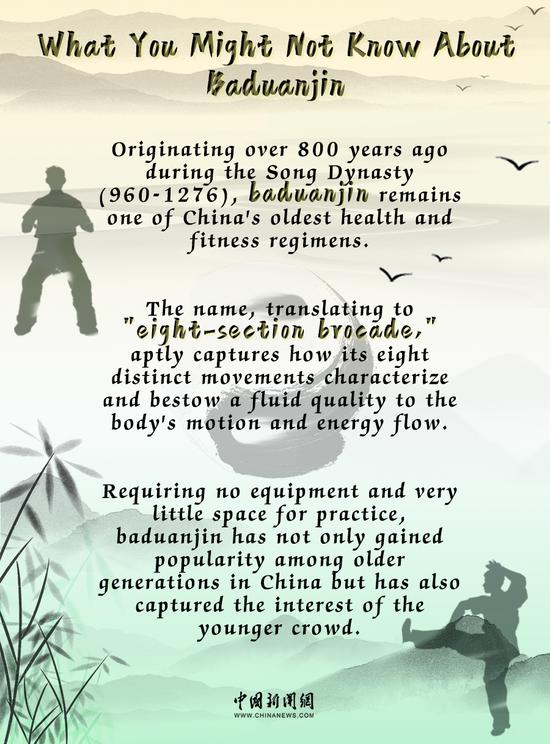
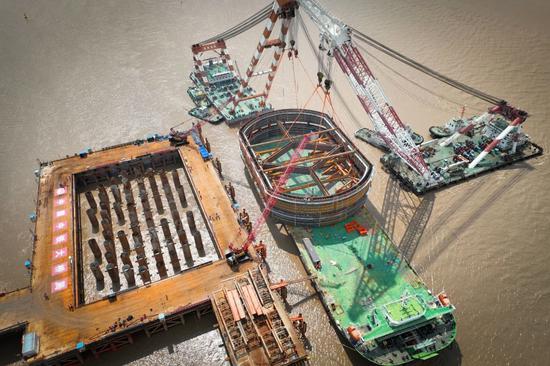


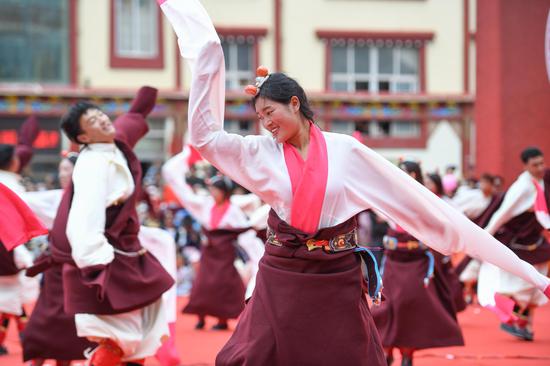


















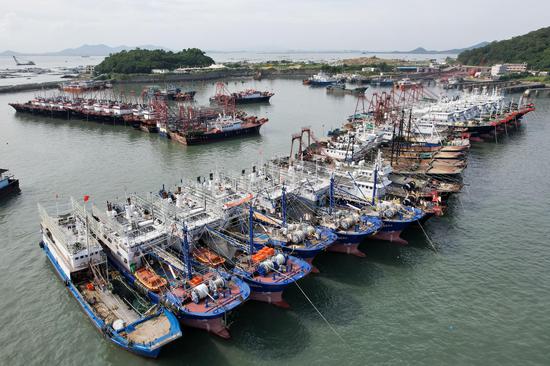

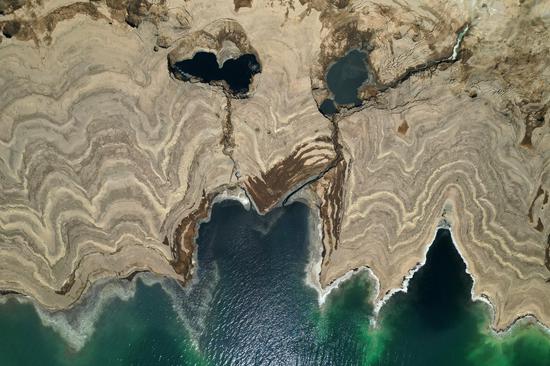



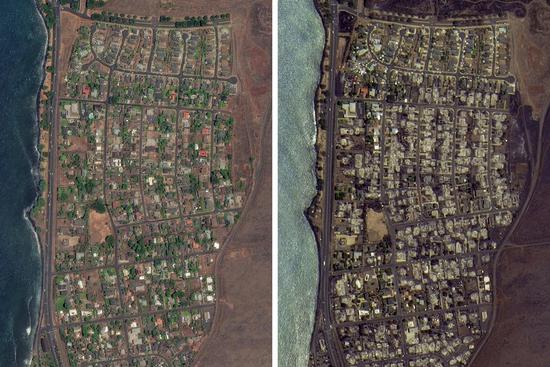





 京公网安备 11010202009201号
京公网安备 11010202009201号